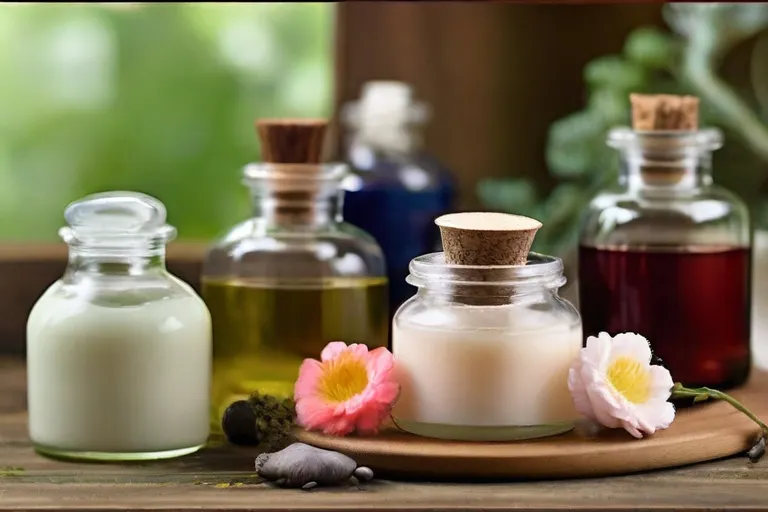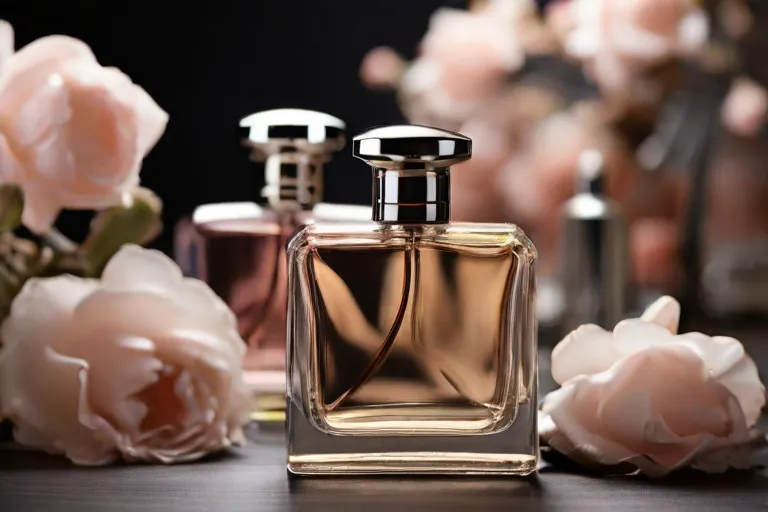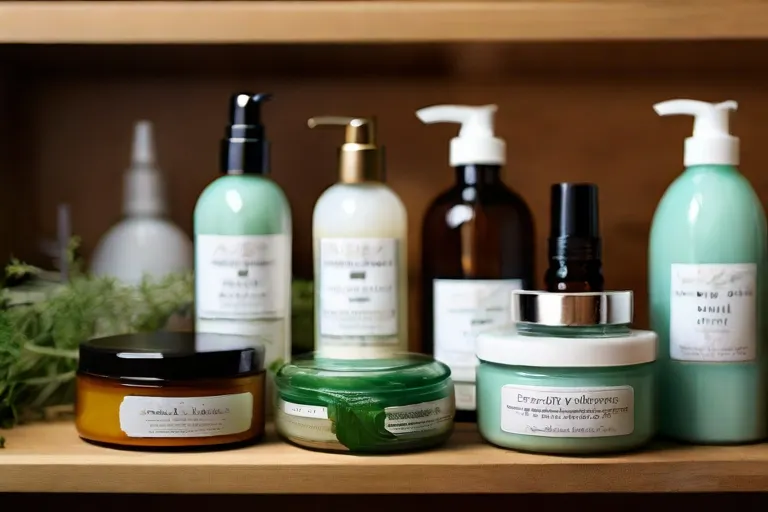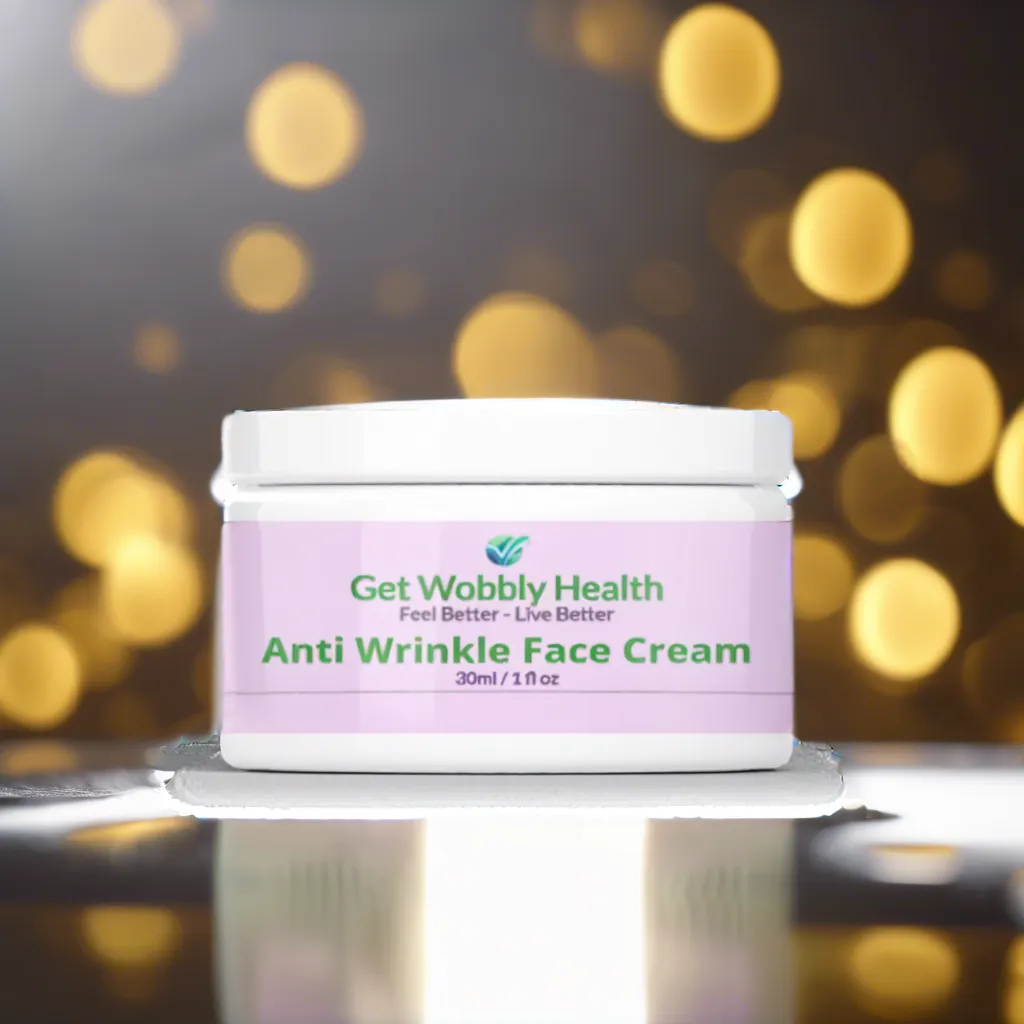The Lowdown on Fragrances - Should You Be Wary of Artificial Scents in Your Beauty Products?

The Lowdown on Fragrances - Should You Be Wary of Artificial Scents in Your Beauty Products?
Beauty products often boast lovely scents that make us feel pampered and luxurious. However, many of these fragrances are actually made up of synthetic or artificial chemicals that can be harmful to our health. While they may smell delightful, these artificial fragrances can cause skin irritation, trigger allergies, and even disrupt our endocrine system. It's important to educate ourselves about the potential dangers of synthetic scents and make informed choices about the beauty products we use on our skin.
Key Takeaways:
- Regulation: FDA does not require specific approval for fragrances, which means companies can use potentially harmful ingredients without disclosing them on the label.
- Potential health risks: Artificial fragrances can contain allergens, irritants, and hormone disruptors that can have negative health effects over time.
- Alternative options: Look for products with natural fragrances from imperative oils or opt for fragrance-free products to avoid any potential risks.
- Label scrutiny: Check for "fragrance" on the ingredient list and opt for products with transparent labeling that disclose all ingredients used in the fragrance blend.
- Personal choice: Ultimately, it is up to individuals to decide whether they are comfortable using products with artificial fragrances based on their own research and risk tolerance.
Understanding Fragrances
Some people are often confused about the differences between natural and synthetic fragrances in their beauty products. To get a better grasp on the topic, it's necessary to understand the distinction between the two. If you're curious to learn more about this, check out Natural vs Synthetic Fragrance: What's the Difference?.
What Constitutes a Fragrance?
To explore into the world of fragrances, it's crucial to understand what constitutes a fragrance. Fragrances are a blend of aromatic compounds that give products their distinct scent. These compounds can be derived from natural sources like plants, fruits, and flowers, or they can be created synthetically in a lab.
The Difference Between Natural and Synthetic Scents
With fragrances, there is a clear distinction between natural and synthetic scents. Natural fragrances are derived from plant sources and botanical extracts, offering a more pure and authentic scent. On the other hand, synthetic fragrances are chemically processed to mimic natural scents or create entirely new ones. While both types can enhance the sensory experience of beauty products, it's necessary to be aware of any potential risks associated with synthetic fragrances.
Avoiding synthetic fragrances in beauty products can be beneficial for those with sensitive skin or allergies. Opting for products that use natural fragrances can reduce the risk of irritation and support a more sustainable approach to beauty. When choosing your beauty products, always consider the source of the fragrance and opt for options that align with your values and preferences.
The Scoop on Synthetic Fragrances
One of the most controversial topics in the beauty industry is the use of synthetic fragrances in products. Many consumers are becoming more cautious about these artificial scents and their potential effects on health. In this chapter, we will examine how these fragrances are created and the common compounds found in popular beauty products.
How are Artificial Scents Created?
Created through a combination of synthetic chemicals, artificial fragrances aim to replicate the scents found in nature. These chemicals are often derived from petroleum and can contain a mix of harmful substances such as phthalates, synthetic musks, and chemical additives. The complex processes involved in creating these scents allow for a wide range of fragrances to be produced, but also raise concerns about the potential risks they pose to our health and the environment.
Common Synthetic Compounds in Beauty Products
Any beauty product that lists "fragrance" or "parfum" as an ingredient likely contains synthetic compounds. Some of the most commonly used synthetic fragrance components include phthalates, which are known to disrupt hormones, synthetic musks that can accumulate in the body over time, and various irritants that can cause skin allergies. While these compounds enhance the scent of products, they also come with potential risks that consumers should be aware of when selecting their beauty products.
To ensure you are making informed choices about the products you use, it is vital to read ingredient labels carefully and opt for products that use natural fragrances or are labeled as "fragrance-free." By being mindful of the synthetic compounds in your beauty products, you can take a step towards a healthier and more informed beauty routine.

The Potential Effects of Artificial Scents
Despite their pleasant aroma, artificial scents in beauty products could potentially have negative effects on your skin and overall health. It's vital to be aware of these potential effects to make informed decisions about the products you use.
Skin Reactions and Sensitivities
One concern with artificial fragrances is the risk of skin reactions and sensitivities. Some individuals may experience redness, itching, or even more severe reactions like dermatitis when exposed to certain synthetic fragrances. It's important to note that fragrance sensitivity can vary from person to person, and those with sensitive skin may be more prone to these reactions.
Long-term Health Considerations
One potential long-term health consideration associated with artificial scents is their possible link to respiratory issues and hormone disruption. Some synthetic fragrances contain chemicals that, over time, may contribute to respiratory problems or disrupt hormonal balance in the body. This can be particularly concerning for individuals with conditions like asthma or allergies, as well as pregnant women and young children.
The long-term effects of continuous exposure to artificial fragrances are still being studied, but it's important to be mindful of the ingredients in the products you use regularly. Choosing products with natural fragrances or opting for fragrance-free options may be a safer choice for your overall health in the long run.
Regulations and Safety Standards
Government Oversight on Fragrance Ingredients
With a myriad of fragrances used in beauty products, it's necessary to understand the regulations and safety standards set by governing bodies. In the United States, the FDA regulates cosmetics under the Federal Food, Drug, and Cosmetic Act. However, when it comes to fragrances, manufacturers are not required to disclose the specific ingredients used due to trade secret protection laws.
Reading Labels: What to Look Out For
Any consumer concerned about the ingredients in their beauty products should take note of the fragrance listed on the label. While the word "fragrance" may seem harmless, it can encompass a blend of potentially harmful chemicals. Some fragrance ingredients have been linked to allergies, respiratory issues, and even hormone disruption. Look for products labeled as "fragrance-free" or "unscented" as they are less likely to contain synthetic fragrances.
What's more, scrutinizing ingredient lists can help you make informed choices about the products you use daily. Avoiding ingredients like phthalates, parabens, and synthetic musks can reduce your exposure to potentially harmful chemicals found in artificial fragrances.

The Case for Natural Fragrances
After years of debate over the use of artificial fragrances in beauty products, many are turning to natural alternatives for a more wholesome approach. Natural fragrances offer a myriad of benefits that go beyond just smelling good. Let's investigate into the reasons why you should consider making the switch.
Benefits to Your Skin and Health
Skin is our body's largest organ, and it deserves to be treated with care. Natural fragrances are often derived from plant-based sources such as crucial oils, which not only impart delightful scents but also contain beneficial properties for the skin. Essential oils like lavender, rose, and chamomile can soothe, hydrate, and even protect the skin from environmental stressors.
Environmental Impact of Natural vs. Synthetic Scents
As far as the environment, the choice between natural and synthetic fragrances can have a significant impact. Natural fragrances are typically more sustainable as they are derived from renewable resources. In contrast, synthetic fragrances are often created using chemicals that can be harmful to the environment during production and disposal.
Your choice of fragrance can also affect ecosystems and wildlife. Synthetic fragrances can disrupt natural habitats when they are released into the environment through wastewater or air emissions. Opting for natural fragrances can help reduce these harmful effects and contribute to a cleaner, greener planet.
Making Informed Choices
Not all fragrances are created equal, and as consumers, it's vital to be aware of what goes into the beauty products we use daily. Artificial scents may seem harmless, but they can often contain a concoction of chemicals that could have long-term effects on our health and the environment.
How to Identify Artificial Scents in Your Beauty Products
Identify artificial fragrances in your beauty products by looking at the ingredient list. Ingredients like "fragrance" or "parfum" often represent a cocktail of undisclosed chemicals, which can trigger allergies or skin irritations in some individuals. Opt for products that clearly list natural vital oils as the source of fragrance, ensuring a cleaner and safer option for your skincare routine.
Tips on Selecting Safer Fragrance Options
- Choose products with natural vital oils: Look for products scented with natural oils like lavender, rose, or peppermint.
- Look for "fragrance-free" alternatives: These products avoid artificial scents altogether, reducing the risk of irritation and allergic reactions.
Anytime you're unsure about a product's fragrance, remember that transparency is key. Some companies pride themselves on openly sharing their ingredients, giving you peace of mind when selecting your skincare vitals. Though navigating fragrance choices can be overwhelming, take your time to read labels and choose wisely for your health and well-being.

To wrap up
Considering all points discussed, it's important to be informed about the potential risks associated with artificial fragrances in beauty products. While they can make products more appealing, they may also contain harmful chemicals that can cause irritation or other health issues. As consumers, it's vital to read labels carefully, opt for products with natural fragrances, or choose fragrance-free alternatives if you have sensitive skin or respiratory issues.
Ultimately, the best choice for your beauty routine is one that aligns with your personal preferences and concerns. By staying cautious and aware of the ingredients in your products, you can make informed decisions that promote your overall health and well-being. Whether you enjoy the scent of natural essences or prefer fragrance-free options, the key is to choose products that make you feel good inside and out.
FAQ
Q: What are artificial fragrances and why should I be wary of them in beauty products?
A: Artificial fragrances are synthetic compounds used to enhance the smell of beauty products. They can contain harmful chemicals that may cause allergies, skin irritations, and disrupt hormones, so it's important to choose products with natural fragrances whenever possible.
Q: How can I identify if a beauty product contains artificial fragrances?
A: Look for terms like "fragrance," "parfum," or "perfume" on the ingredient list. These are common indicators of artificial fragrances. If a product lists "natural fragrance" or specifies the source of the scent (e.g., imperative oils), it's likely a safer option.
Q: Are there any health risks associated with using beauty products that contain artificial fragrances?
A: Yes, artificial fragrances can contain phthalates, which are linked to reproductive issues, as well as allergens and sensitizers that can trigger skin reactions in sensitive individuals. Long-term exposure to these chemicals may pose health risks.
Q: What are some alternatives to products with artificial fragrances?
A: Opt for beauty products that use imperative oils, plant extracts, or natural fragrances derived from fruits or flowers. These alternatives provide a pleasant scent without the potential health risks associated with artificial fragrances.
Q: How can I make the switch to fragrance-free beauty products?
A: Start by reading ingredient labels carefully and avoiding products that list artificial fragrances. Look for options labeled "fragrance-free" or "unscented." You can also gradually transition to natural products to give your skin time to adjust to the change.
Experience visibly younger-looking skin with our revolutionary face cream, designed to boost hydration, restore elasticity, and eliminate wrinkles for an instant flawless finish; join the revolution to never accept looking older. Click Here

